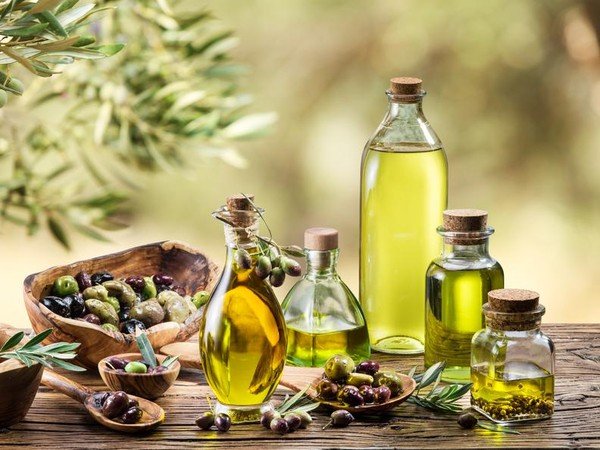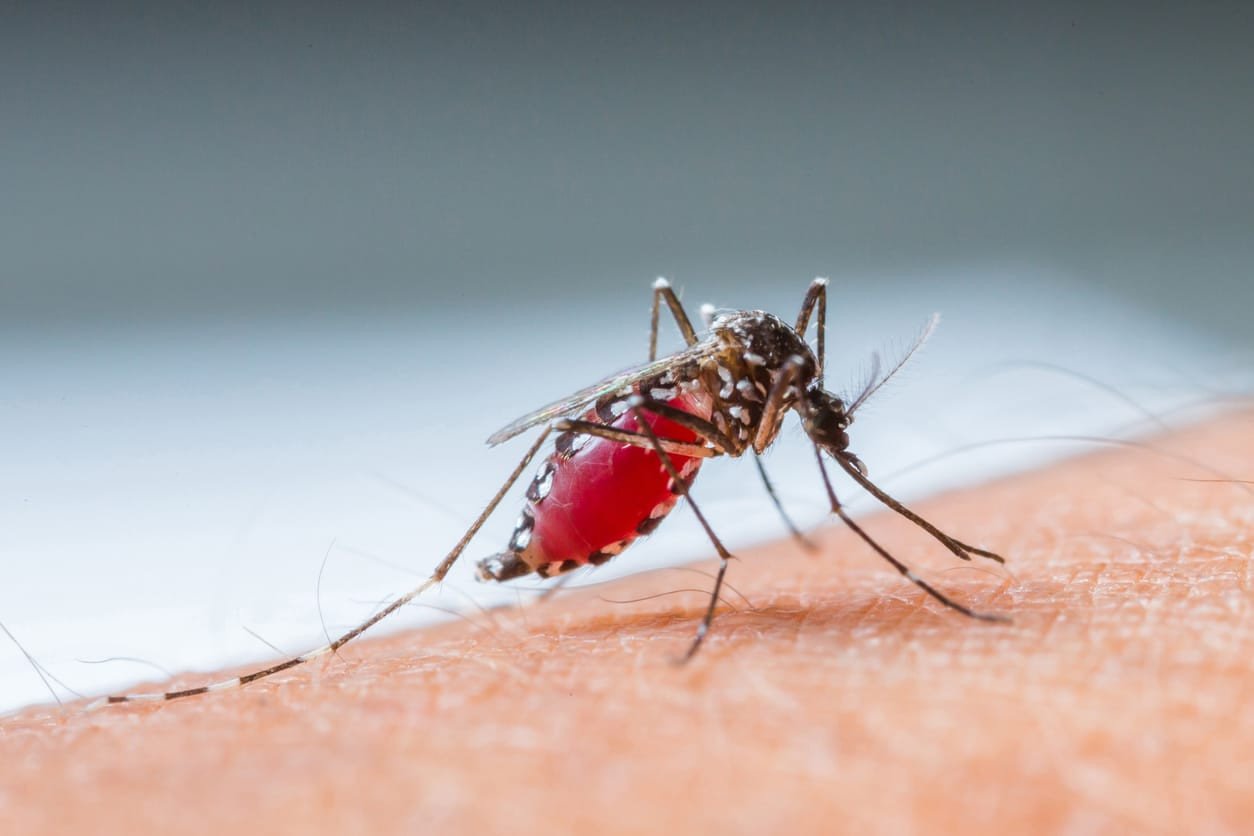
Mahkatop — A recent study conducted by researchers from Virginia Tech has found that a natural compound in olives, elenolic acid, has the potential to treat type 2 diabetes and obesity. The study used mice as a model for the research.
After one week of treatment, elenolic acid was reported to reduce blood sugar levels more effectively than leading diabetes medications. “Lifestyle changes and public health measures have limited impact on the increasing prevalence of obesity, a major risk factor for type 2 diabetes,” said Dongmin Liu, a nutrition scientist from Virginia Tech.
Liu added that current obesity medications are ineffective in maintaining weight loss, expensive, and/or potentially pose long-term safety risks. “Our goal is to develop safer, cheaper, and more convenient multi-target agents that can prevent metabolic disorders and type 2 diabetes,” he said.
Previous research indicated that elenolic acid promotes the release of two metabolic hormones that signal fullness to the brain. In the new study, researchers administered elenolic acid orally to mice with diet-induced type 2 diabetes and obesity.
Although details regarding the dosage, concentration, frequency, and duration of the treatment were not disclosed, the results showed that mice given elenolic acid experienced weight loss and better-controlled blood sugar levels compared to those not given the compound.
“Overall, the study suggests that elenolic acid from olives has promising effects on hormone release and metabolic health, particularly in conditions of obesity and diabetes,” Liu said. The compound appears to mimic physiological conditions of eating to directly enhance the secretion of gut metabolic hormones, which help regulate energy balance and metabolic health.
Elenolic acid can be found in extra virgin olive oil and ripe olives (Olea europaea), but it can also be produced more cheaply by breaking down the precursor oleuropein, which is present in the skin, flesh, leaves, and seeds of the olive plant. (*)







